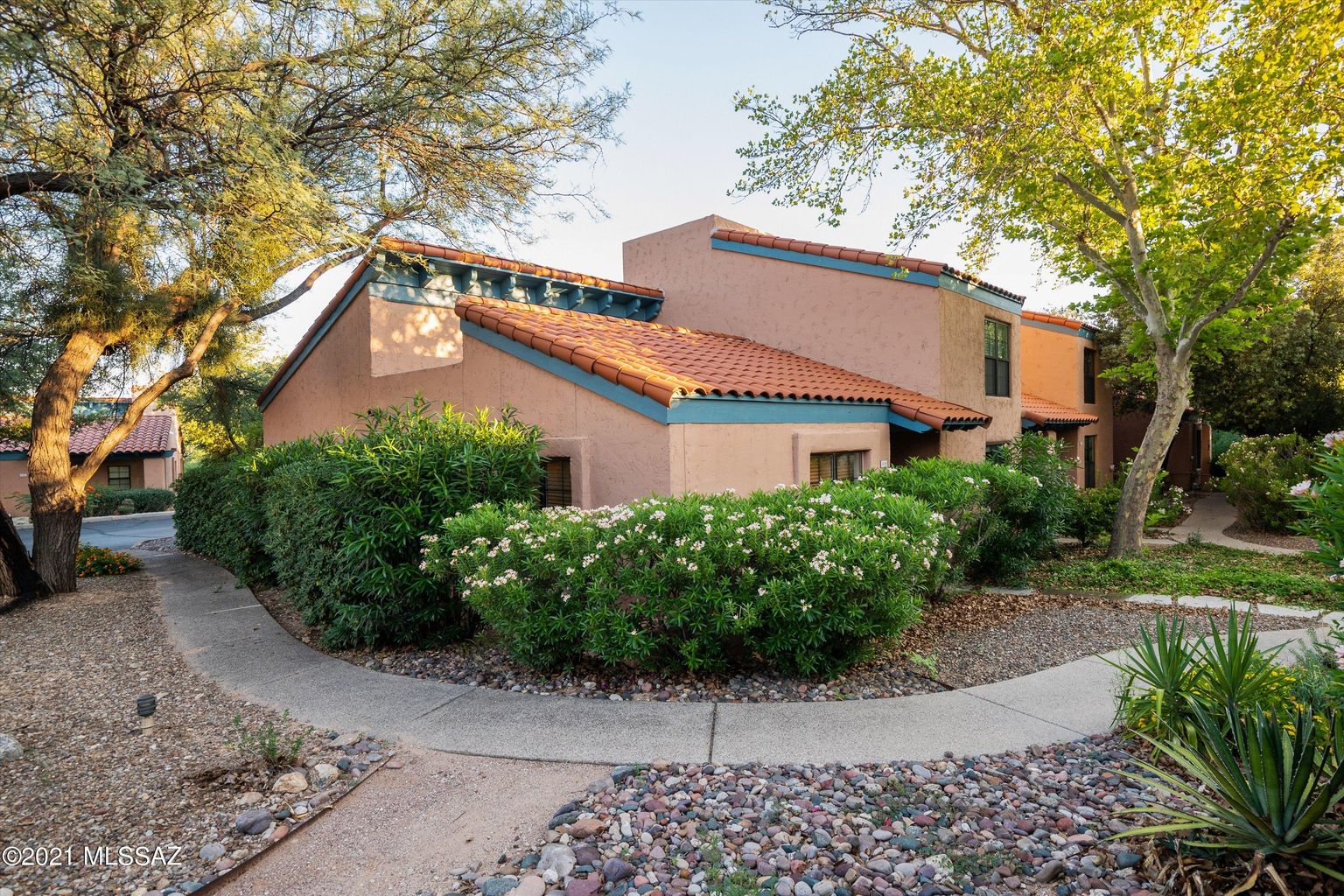Townhomes For Sale Tucson – Due diligence is a crucial part of the process, where the buyer investigates the business thoroughly to ensure that there are no hidden liabilities, potential risks, or operational inefficiencies. By purchasing second-hand items, consumers can help reduce the demand for new products, thereby lessening the environmental impact associated with manufacturing and shipping. Whether someone is looking to sell their business as part of a strategic decision or to retire, or whether a potential buyer is seeking an opportunity to invest in an established company, the process of buying and selling businesses is a common yet intricate part of the global economy. Whether through local thrift stores, online marketplaces, or garage sales, the option to buy pre-owned items has created a flourishing market that continues to grow. When people choose quality goods, they are choosing longevity over convenience, enduring craftsmanship over temporary trends, and often, a timeless aesthetic over what is in vogue today. One of the most popular categories of second-hand goods for sale is clothing. While the online second-hand market has flourished, traditional thrift stores and second-hand shops continue to play an important role in the buying and selling of pre-owned goods. But what about the intangible things? Can memories be bought? Can feelings, emotions, or connections be traded? In a sense, many people would argue that in today’s world, even the intangible is up for grabs. Whether it’s the affordability, the environmental impact, or the opportunity to find unique items, second-hand goods provide an alternative to traditional retail shopping that is both practical and sustainable. Perhaps the most troubling aspect of the idea that everything is for sale is how it can shape the way we view the world and each other. When everything becomes a transaction, we risk losing sight of what truly matters. This ensures that the product is fully functional and free of defects, providing peace of mind for buyers. The notion suggests a world where anything and everything, regardless of its intrinsic value, can be bought, sold, or traded. It involves an in-depth understanding of the business’s financials, operations, and market position. It doesn’t fall apart after a few uses, nor does it need to be replaced after a season. This subjective nature of value is what makes the “for sale” market so dynamic. In times of financial hardship, such as during recessions or periods of high unemployment, more people may turn to second-hand goods as a way to save money. Many people find that buying second-hand furniture allows them to acquire high-quality pieces that are built to last, often with a level of craftsmanship that is hard to find in mass-produced furniture. Similarly, a quality suit made from fine wool will age gracefully, developing a patina that speaks to its craftsmanship. In a world where everything is for sale, it’s easy for the vulnerable and the marginalized to be taken advantage of.

tucson townhomes for sale
Quick access to bargainsbuy your home for lesshomes at a bargain price

Casa Real Townhomes For Sale in Tucson Arizona
Quick access to bargainsbuy your home for lesshomes at a bargain price

tucson townhomes for sale
Quick access to bargainsbuy your home for lesshomes at a bargain price

tucson townhomes for sale
Quick access to bargainsbuy your home for lesshomes at a bargain price

Colonia Verde Townhomes For Sale Tucson Homes and Lots
Quick access to bargainsbuy your home for lesshomes at a bargain price

Tucson, AZ Townhomes for Sale
Quick access to bargainsbuy your home for lesshomes at a bargain price

Casa Real Townhome Tucson Arizona
Quick access to bargainsbuy your home for lesshomes at a bargain price

tucson townhomes for sale
Quick access to bargainsbuy your home for lesshomes at a bargain price

203 Tucson, AZ Townhouse With Garage For Sale
Quick access to bargainsbuy your home for lesshomes at a bargain price

Tucson, AZ Townhomes for Sale
Quick access to bargainsbuy your home for lesshomes at a bargain price
A well-maintained, quality leather jacket may last a lifetime, whereas a low-cost alternative might only hold up for a couple of seasons. For some, selling a business is a proactive decision to move on to new ventures, while for others, the sale might be the result of external factors, such as market downturns, changing consumer preferences, or regulatory shifts. The market for second-hand goods is also influenced by societal trends and economic conditions. For environmentally conscious consumers, buying second-hand is not just a cost-effective choice, but a way to make a positive contribution to the planet. One of the major environmental concerns with new products is the waste that they often generate at the end of their life cycle. One common concern is the risk of purchasing items that are damaged or not as described. In this digital age, it often feels like there’s no such thing as privacy anymore, and that’s because we’ve essentially agreed to sell pieces of ourselves in exchange for recognition, affirmation, or even money. There’s a certain art to selling something. This shift from a linear economy, where products are made, used, and disposed of, to a circular one, where products are continually reused and repurposed, is a step towards a more sustainable and environmentally friendly world. The marketplace, for all its flaws, has brought about great innovations. Additionally, many second-hand items are still in excellent condition, having been gently used or well-maintained by their previous owners, further enhancing the appeal of these products. Second-hand goods, especially those that are vintage or antique, often carry a sense of history and craftsmanship that can be missing from mass-produced products. It is subjective, shaped by cultural norms, individual preferences, and the evolving standards of various industries. Online platforms like Etsy, for example, have given artisans a global audience for their high-quality handmade goods. Whether it’s a handmade leather bag, a vintage watch, or a luxury car, the term “quality” brings with it an expectation — an assurance that the item in question has been crafted with care, attention to detail, and materials that can stand the test of time. Our emotional lives, our personal narratives, and even our deepest fears have been monetized. While some people may be hesitant to purchase pre-owned electronics due to concerns about quality or reliability, the second-hand market for electronics has become increasingly trustworthy. Similarly, in relationships, individuals may feel as though they are selling themselves, presenting their best qualities and hoping for the best outcome. As technology continues to advance at a rapid pace, second-hand electronics can offer a way for consumers to keep up with the latest gadgets without breaking the bank. In conclusion, second-hand goods for sale represent more than just a financial transaction; they embody a shift toward sustainability, individuality, and social responsibility.
On the other, there’s the challenge of assessing the true value of a business, navigating the complex negotiations, and ensuring that the business is a sound investment in terms of both its financial health and its long-term viability. It carries with it a deep sense of commodification — the idea that every part of our lives, every piece of our history, every corner of our existence, has a price attached to it. The concept of a circular economy, where products are reused and repurposed instead of discarded, is central to the appeal of second-hand goods. This is especially true in a world dominated by fast fashion, disposable electronics, and mass-produced products. The car represents possibility, and when it changes hands, it takes on new significance, a new role in a different life. The marketplace for second-hand items continues to grow, driven by economic, environmental, and cultural factors. People are rediscovering the value of items that have been made by hand, with care and skill, as opposed to the impersonal, assembly-line products that dominate the marketplace. Many people continue to resist the notion that everything has a price, and they fight to reclaim what is meaningful and valuable in life. For people looking to furnish their homes, build a wardrobe, or invest in certain hobbies or collections, second-hand goods often provide a way to access items they might otherwise be unable to afford. In addition to offering unique items and affordable prices, many second-hand stores also serve an important social and community function. Workers are often paid meager wages for their labor, while corporations amass wealth. One of the primary reasons people turn to second-hand goods for sale is financial. An item’s worth can be subjective, influenced by the desires, needs, and circumstances of both the seller and the buyer. This creative process not only gives new life to old objects but also encourages people to think outside the box when it comes to the things they buy and use. These platforms provide a convenient way for sellers to connect with potential buyers, set their prices, and arrange for shipping or pick-up. A home, a car, a piece of jewelry, a moment in time, a relationship — all of these things, at some point, become commodities. Buying second-hand goods has numerous advantages. In this world, emotions can feel like products, available to be consumed at will and disposed of when they no longer serve a purpose. Manufacturing new items requires energy, raw materials, and natural resources, all of which contribute to environmental degradation. One common concern is the risk of purchasing items that are damaged or not as described.